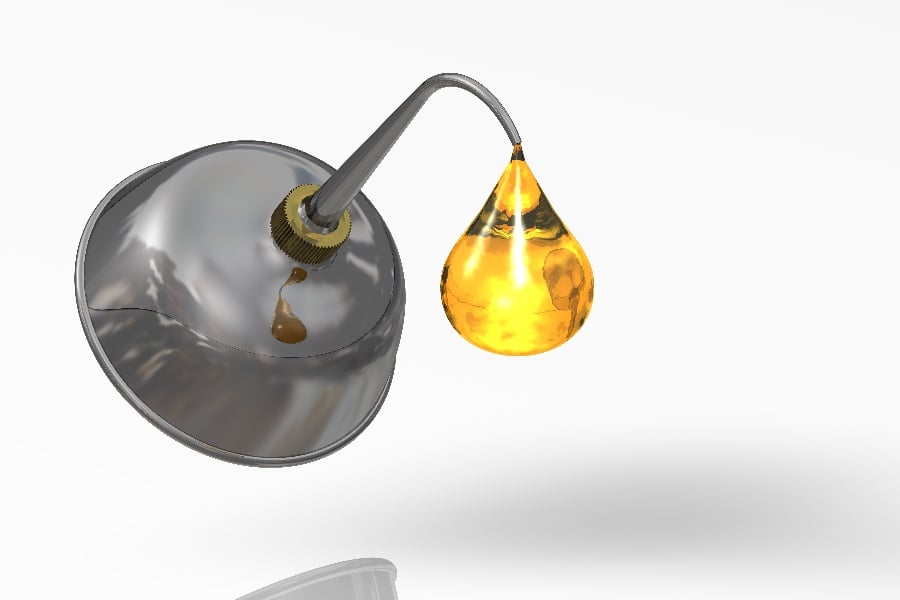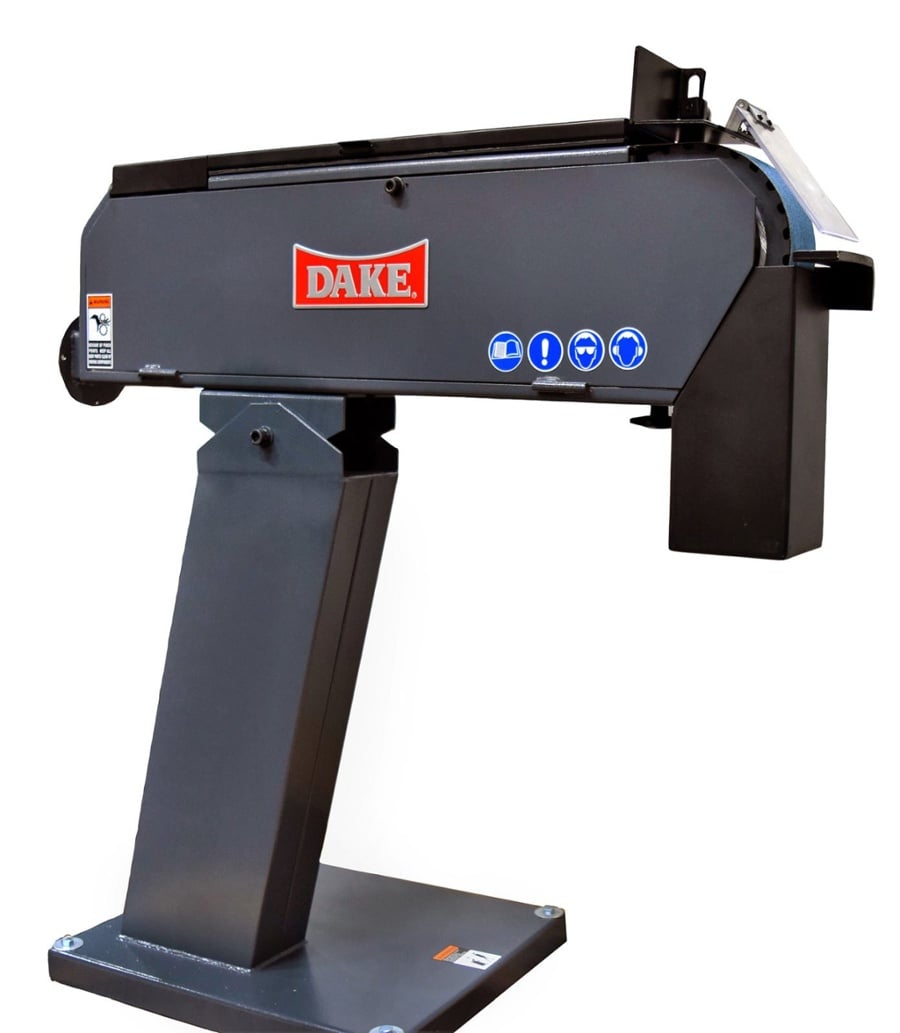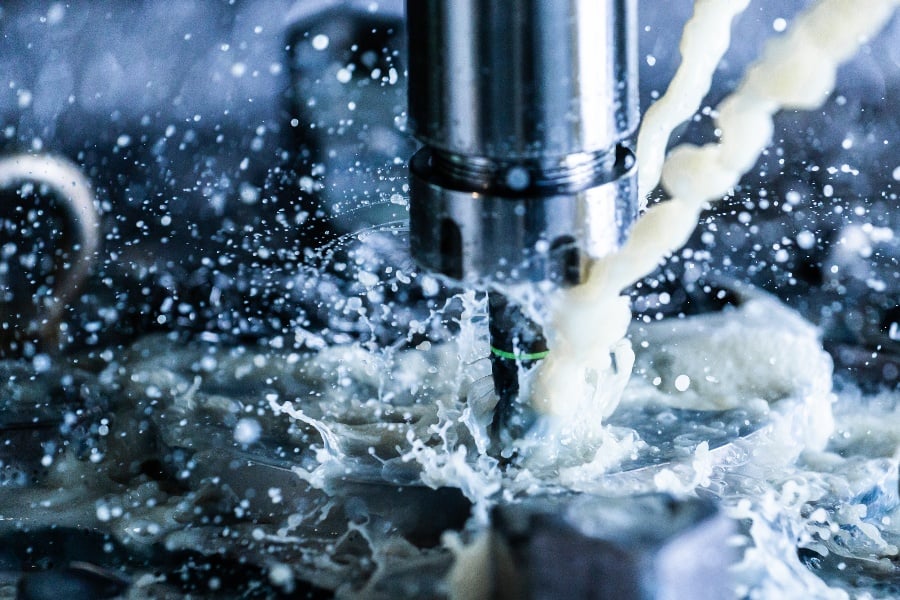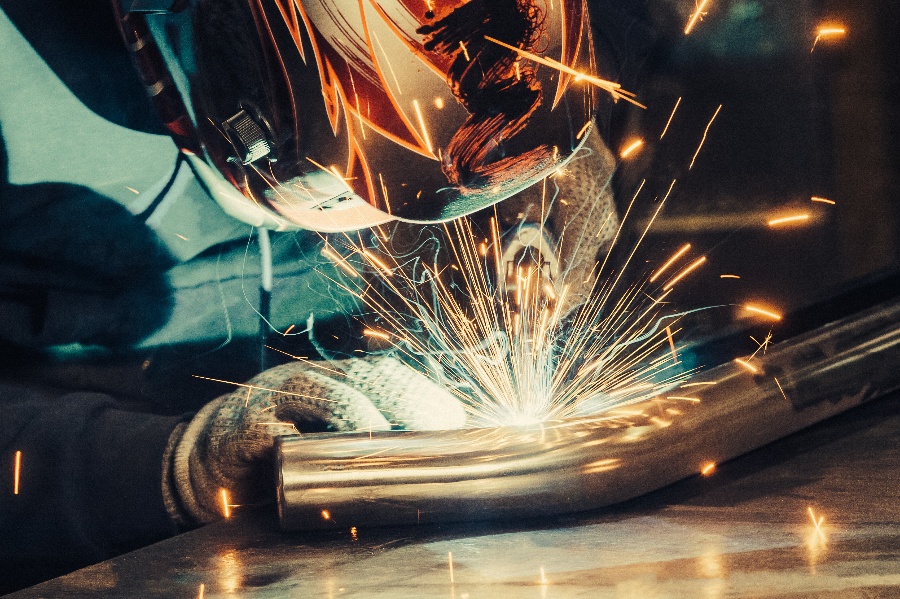Metalworking shops need lubricants. Without oils, these machines would come grinding to a halt very quickly.
All of these moving parts require lubrication to work properly and to function for a long time without too much wear or tear.
Metalworking machines have to cut through metal. These machines can last longer if they have have the proper maintenance and care. A crucial part of keeping metalworking equipment in tip top shape is oil.
So, how do you know which oil to use for your cutting machines? There are many various types available on the market. However, metalworking machines require specific lubricants. Vegetable oil simply won’t cut it.
Selecting the Right Oil
To choose the correct oil for your machines, you will first need to collect some important information. You need to know the following:
- What types of metals do you most frequently use?
- Which machining operations are most predominant in your manufacturing process?
- What kind of metalworking machines do you have at your disposal?
- What tooling specifics and plant processes do you use?
- Does your shop have any chemical restrictions in place?
If you can’t answer all of these questions on your own, then you can enlist the help of other departments such as quality control, production, maintenance, packaging, safety, waste management, and others.
Pro Tip: We recommend speaking with a qualified metalworking fluids expert to find the correct lubricant options for your particular metalworking machines.
Metal Materials Make a Difference
Not all metal alloys are created equal. In fact, they all have different pros and cons, which is why it’s important to know which metals you most frequently use when deciding on the right oil.
Some metal alloys are tougher than others. For example, softer metals like aluminum, carbon steel, and brass are easier to cut with a machine. General-purpose lubricants are fine to use when cutting these metals. On the other hand, hard metals, exotic alloys, and stainless steel require a high-performance oil in order for the machine to cut through the material efficiently.
Stronger metals that are harder to cut require a highly additized oil that also has anti-weed abilities and extreme-pressure (EP). If you do your research, you will notice that these lubricants contain chlorine and active sulfur. Both of the chemicals are added to the oil to ensure a smooth finish and to protect the tooling instrument during the cutting process.
As for the softer metals that are easier to cut through, general-purpose “non-staining” oils with lubricity additives, mild EP/anti-weld capabilities, and friction modifiers are needed. You will often find these lubricants to be made with chlorinated paraffin and sulfurized (inactive) fat.
Pro Tip: Using an active sulfur lubricant on soft metals like brass and aluminum will result in stains or tarnishing.
Machine Operations
Just like with metals, different machine operations require different lubricants to work efficiently. If you understand the most predominant machine operations that are used during your manufacturing process, then you can narrow down the list of oil options quite significantly. Start by splitting the operations in easy and difficult machining.
Easy machining includes operations such as milling, turning, drilling, and forming. These operations can be done at very high speeds with mild EP-capable oils. An easy formula to remember is:
mild operations = lower viscosity + lightly additized lubricants.
Difficult machining includes operations that run at much slower speeds like broaching or thread-cutting. These need a lot of anti-weld protection from the oil. Think of it like this:
difficult operations = higher viscosity + more EP additives.
Machine Types
Getting into more specifics, metalworking machines require different types of oils as well. For example, a screw machine requires a dual- or tri-purpose lubricants due to cross-contamination. Lube and cutting oils can come into contact with each other during the machining process, so a specialty oil is needed to counteract this. Dual and trig-purpose oils can be used in hydraulics, lube boxes, and oil sumps.
On the other hand, a drill press machine or grinder will need oil with light viscosity. This is to optimize the cooling rate, flush the metal chips, and deliver high-pressure without producing foam.
Tooling Specifics and Plant Processes
Speak with your trusted supplier when choosing an oil for specialty tools. Some cutting oils may not work well with certain coatings, and they can result in excessive grinding or other problems.
The oils you choose to use inside your metalworking shop should also work well with your plant processes. These can include painting, cleaning, packaging, and even waste removal. You don’t need to wrong lubricants causes issues for other departments downstream.
Chemical Restrictions within the Company
Are you unsure if the facility you are working in has chemical restrictions? You need to find out as soon as possible. Before you spend money on tests for lubricants, you need to know about chemical restrictions based on corporate environmental policies, wastewater disposal, employee safety and health, and even end-use requirements.
There is so much more to chemical restrictions than those as well, but the aforementioned factors make up a short list of some of the most important keys. If you want to learn more about your facility’s chemical restrictions, we suggest that you approach the issue from a team perspective.
You will need to consult with key personnel from your fluid supply company and the manufacturing facility. Most of the time, there is a perfect balance to be found to satisfy all parties involved.
At the end of the day, choosing the right lubricant for your metalworking machines is no simple task. Your choice will greatly impact the environment, your staff, your machines, and even your reputation as a business. Also, choosing the right oils will increase the durability of your equipment, reduce your manufacturing expenses, and even help to avoid issues later on.
For more information about Dake metalworking machine, get in touch with our experts today.
-1.jpg?width=1200&height=525&name=DAKE003_%20Logos_Red%20(002)-1.jpg)



